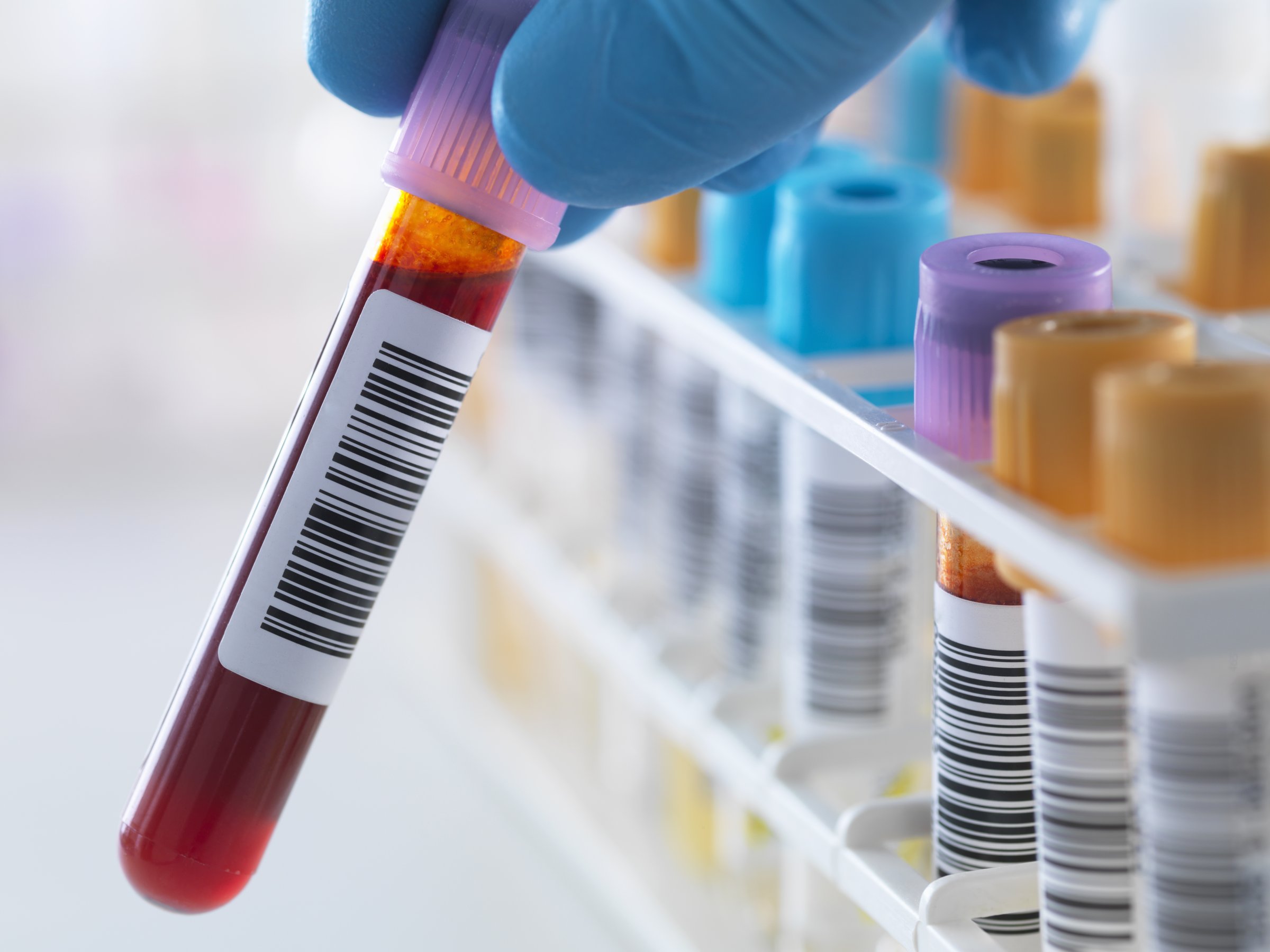
Illumina, which dominates the DNA sequencing world, is dipping a very big toe into cancer testing. The California-based company has raised $100 million in venture capital funds to try to turn the dream that cancer experts have of using a few drops of blood to detect the first signs of cancer into reality.
The biggest obstacle to that effort is the fact that, by its nature, cancer cells are the body’s own tissues. They’re just cells that have started to grow abnormally and out of control. That means that targeting them exclusively is nearly impossible. Almost every cancer treatment to date comes with collateral damage, from chemotherapy to radiation. The targeted drugs that zero in on tumor-specific markers are a new development, but there’s evidence that tumors can learn to mutate their way around them by becoming resistant to the drugs.
Illumina’s new company, dubbed Grail, is hoping to capitalize on the growing knowledge of what distinguishes cancer cells from normal cells, and finding these signals in the blood. Some researchers have been investigating so-called circulating tumor cells, or snippets of tumors that break off of cancers and travel through the bloodstream, but they’re still in the development stages.
MORE: Genetic Testing in Newborns Gets a Critical Breakthrough
Grail is focusing on a much earlier time in the cancer’s history—even before a mass forms. The idea is to look for cancer specific DNA signals that can alert doctors to the beginning stages of the disease.
MORE: How Blood Tests Are Changing Medicine
It’s not clear yet that such distinct fragments of DNA even exist, since every normal and healthy cell develops mutations every time it divides—not all of these aberrations are cancerous, or even meaningful. So it’s not obvious that it would even be possible to look for, much less find, such DNA signals.
But with more sophisticated sequencing machines coming on line, and with deeper understanding of what distinguishes cancer cells from normal ones, Grail’s approach may be a harbinger of a the next generation of cancer screening.
More Must-Reads from TIME
- Donald Trump Is TIME's 2024 Person of the Year
- Why We Chose Trump as Person of the Year
- Is Intermittent Fasting Good or Bad for You?
- The 100 Must-Read Books of 2024
- The 20 Best Christmas TV Episodes
- Column: If Optimism Feels Ridiculous Now, Try Hope
- The Future of Climate Action Is Trade Policy
- Merle Bombardieri Is Helping People Make the Baby Decision
Contact us at letters@time.com